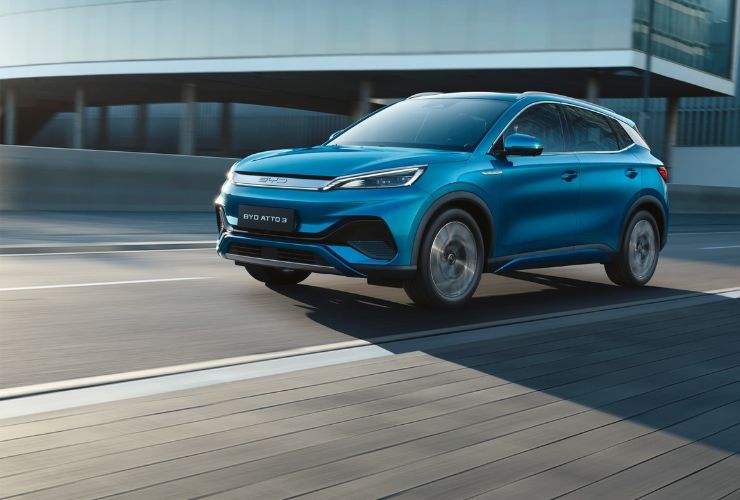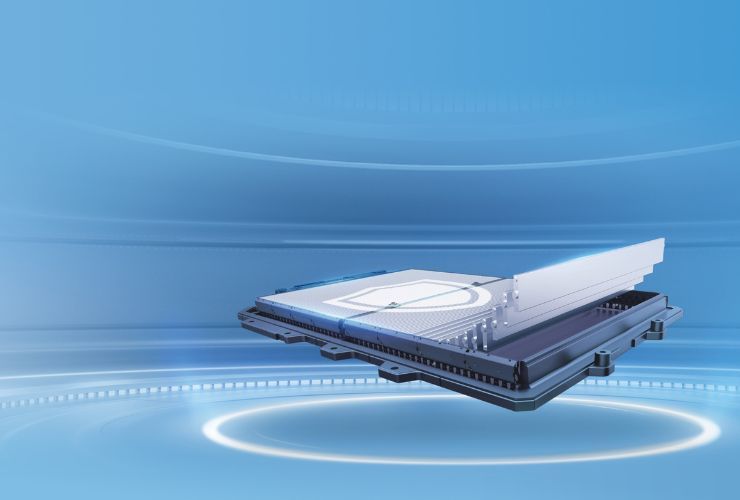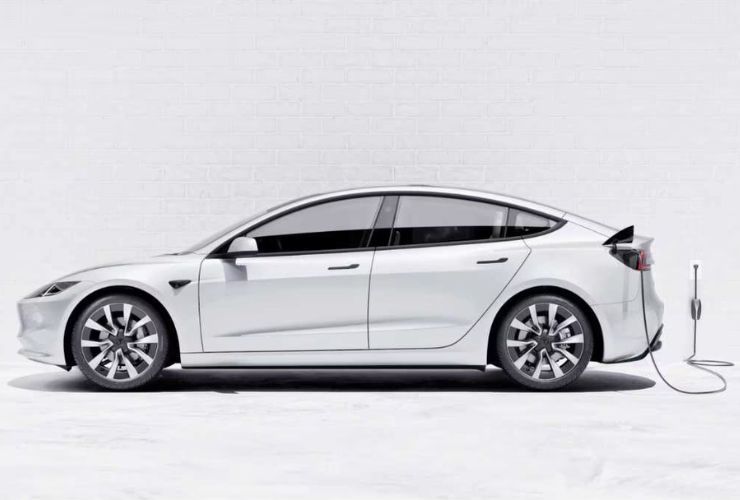Chinese EVs Are 3 To 5 Years Ahead Of Competition: BYD CEO


China's electric vehicle industry is surging ahead, and according to BYD’s CEO Wang Chuanfu, the gap between Chinese manufacturers and their global competitors is only growing wider. He claims that China’s EV makers are already three to five years ahead of their Japanese, Korean, and European rivals. As BYD continues its sprint as a global EV player, it is not only challenging Tesla but also shaking up the entire automotive industry.

Wang says that China’s success in the EV market is due to constant innovation, skilled workers, and government support. BYD has more than 110,000 engineers working on perfecting its technology and products. This helps it to stay ahead of others.
One big advantage is cost. It produces high-quality electric cars at much lower prices than its competitors. Many Western automakers struggle with high costs and supply chain issues. But BYD has made its production process more efficient while maintaining good performance. This has given it a strong lead in the market.
China didn’t become an EV leader overnight. In the 2010s, the Chinese government pumped massive subsidies into the industry, allowing companies like BYD to scale quickly. Though these cuts shrunk over the years, the intense competition they created has forced other automakers to keep innovating and cut costs. This constant effort to ensure a competitive edge in pricing would benefit the end user.

BYD has developed its cutting-edge Blade Battery, which eliminates the need for nickel and cobalt usage. This makes their production cheaper and improves its overall safety. Other carmakers have also started adopting these for use in their respective vehicles—Maruti Suzuki, for example, now uses BYD batteries in its eVitara electric SUV.
Meanwhile, Chinese rivals like Nio have also introduced battery-swapping technology, which lets drivers replace a dead battery in minutes rather than waiting for a charge.
Even tech giant Xiaomi plans to enter the EV market with its SU7 electric sedan, which is known to come in three variants- SU7, SU7 Pro, and SU7 Max. It will compete with models like the BYD Seal and Hyundai Ioniq 5, if launched in countries like India.
BYD isn’t just dominating China—it’s expanding rapidly into markets like Mexico, Malaysia, and Thailand. Its EVs are priced significantly lower than their competitors, making them attractive choices for buyers.
However, this aggressive expansion has sparked a backlash in the West. The European Union (EU) and the United States accuse Chinese automakers of unfairly undercutting global competition by selling cars at extremely low prices, allegedly backed by government subsidies.
In response, the EU imposed a 17% tariff on Chinese EVs last year. BYD, however, explains that its low prices are due to efficient manufacturing and supply chain management rather than government handouts.

BYD even beat Tesla, known to be the world's biggest electric car company, hands down in sales. The Chinese carmaker sold more units in the final quarter of 2023 than Elon Musk's EV company. BYD posted sales of 525,409 units during the period, while Tesla could only sell 484,507 EVs. BYD's climbing sales are expected to be sustained, and the Western rival will have to work towards catching up.
Beyond affordability, BYD is now looking to dominate another key area of the EV industry: autonomous driving. The company recently announced that its most budget-friendly EV, the Seagull— priced at under $10,000—will include assisted driving features in the time ahead. While BYD’s self-driving technology isn’t yet the most advanced, it is quickly evolving and could soon set a benchmark for rival brands.
As traditional automakers struggle to keep up, BYD’s CEO is confident that China will continue leading the way in electric vehicles. If Wang Chuanfu’s predictions are correct, Western car companies could spend years trying to catch up.
Source: Reuters